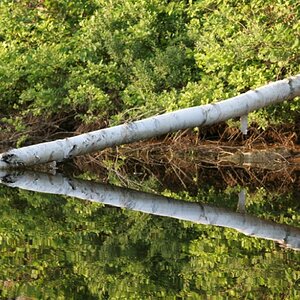EleanorW
TPF Noob!
- Joined
- Aug 10, 2009
- Messages
- 271
- Reaction score
- 0
- Location
- Saskatoon, Saskatchewan
- Can others edit my Photos
- Photos OK to edit
Ok, next question... see? I warned everyone I have like a million questions lol.
I've been hearing about filters. I plan on getting a polarized filter, but just yesterday I heard about UV filters... is that something else that would be a good purchase?
I've been hearing about filters. I plan on getting a polarized filter, but just yesterday I heard about UV filters... is that something else that would be a good purchase?


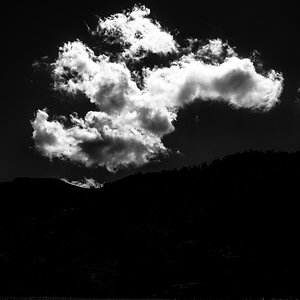
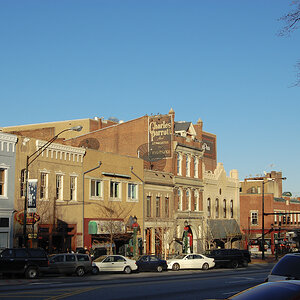
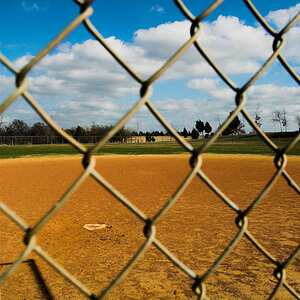
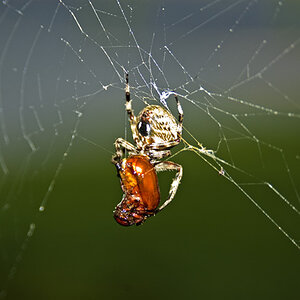
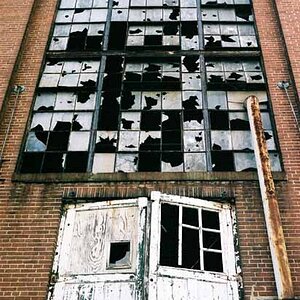

![[No title]](/data/xfmg/thumbnail/40/40356-883c642c8d24d2709b359f9c8b196fcf.jpg?1619739437)
![[No title]](/data/xfmg/thumbnail/36/36394-700ff78d7b45c663863e641a9bcf1fe1.jpg?1619737548)


